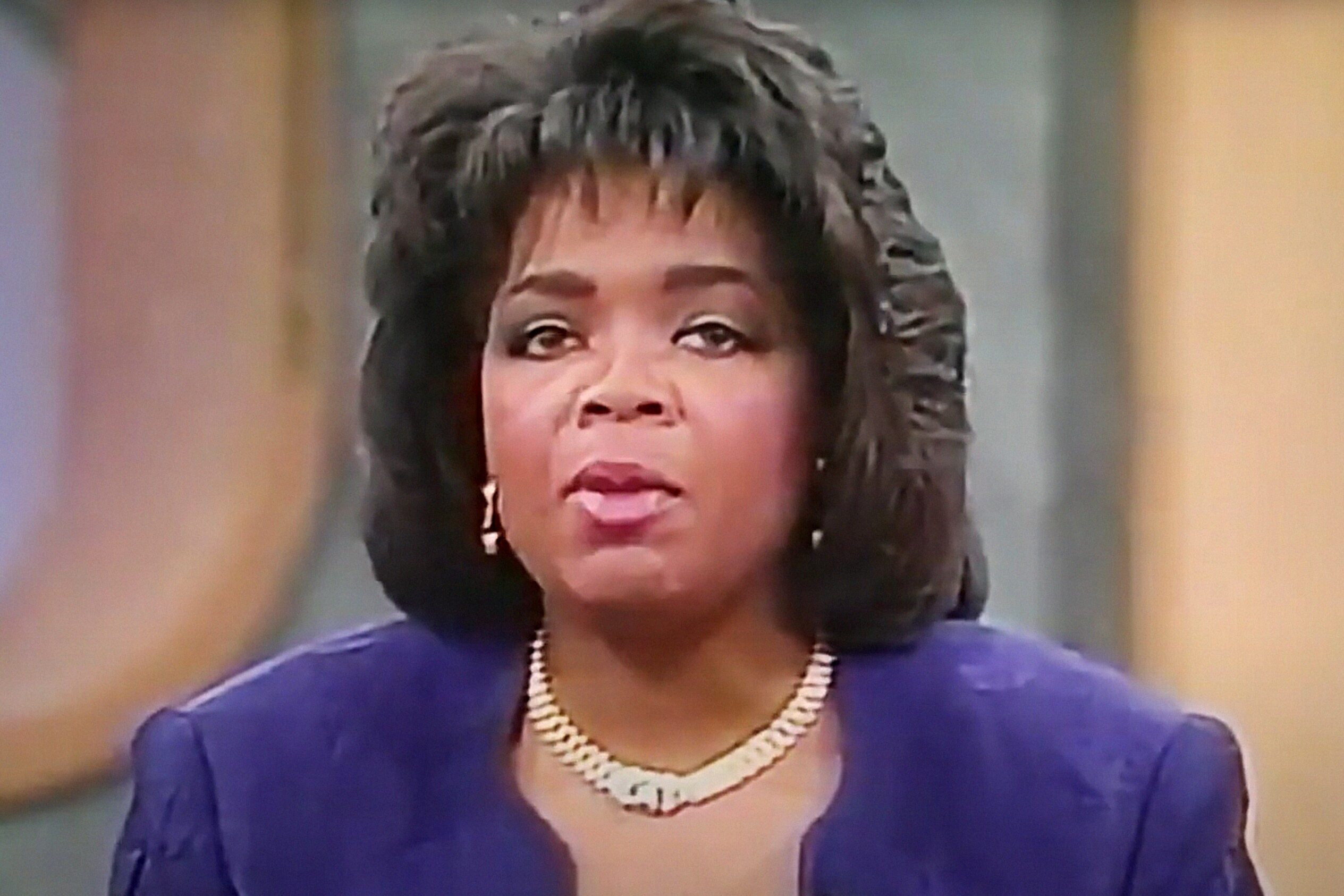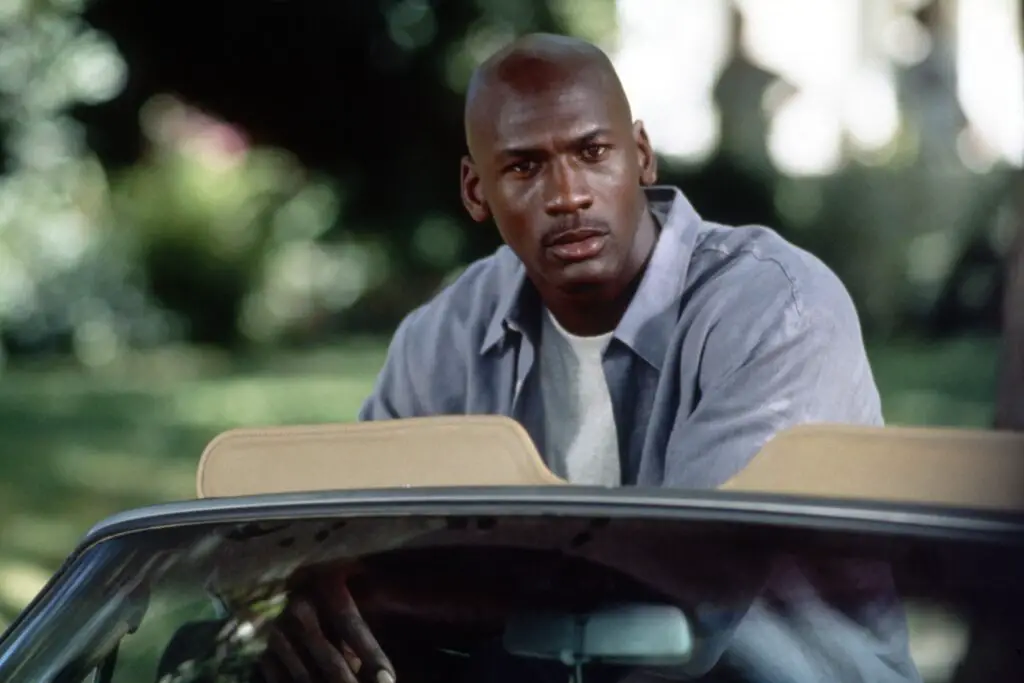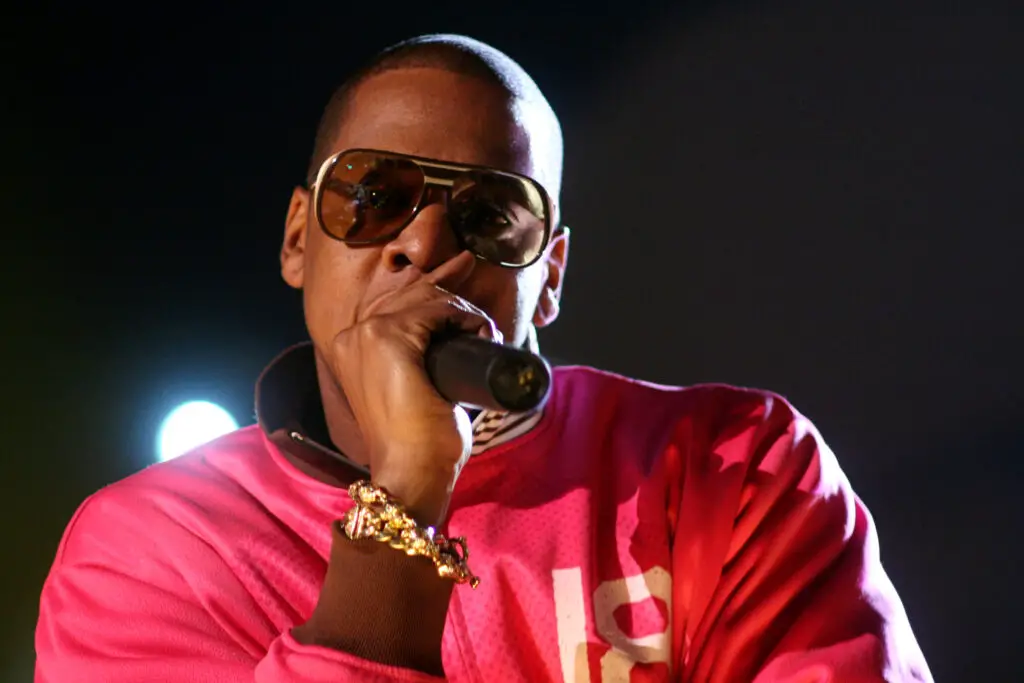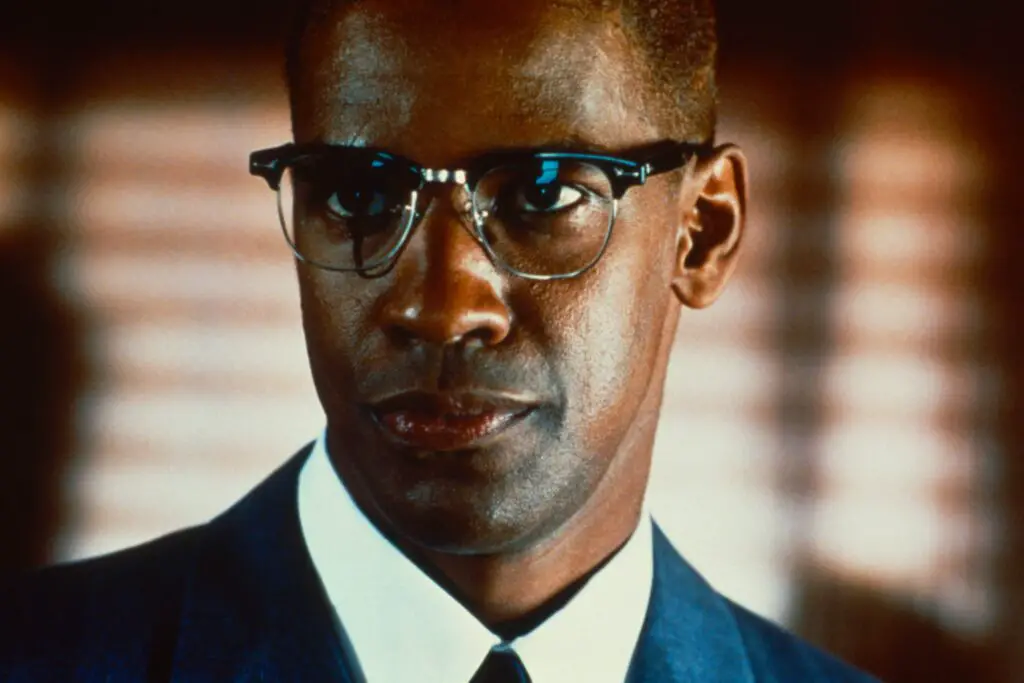1. Oprah Winfrey: The Media Mogul Who Redefined Power

Oprah Winfrey’s rise to fame is the epitome of the American dream. Born into poverty in rural Mississippi in 1954, she faced immense hardships growing up, including childhood abuse and discrimination. However, she turned her struggles into a powerful force, becoming the first Black woman to host a major talk show. The Oprah Winfrey Show debuted in 1986, and it didn’t take long for Oprah to become a household name. By the 1990s, she had not only transformed the talk show industry but also redefined what it meant to be a media mogul. Oprah’s empire expanded beyond TV; she launched her own production company, Harpo Productions, which gave her unprecedented control over the content she created says PEOPLE.
Oprah’s success wasn’t just about building a media brand—it was about using her platform to inspire and empower others. She became a voice for the marginalized and discussed topics like self-improvement, health, and spirituality. Throughout the ’90s, she made headlines not just for her wealth, but for her ability to connect with millions of viewers on a personal level. She became the first Black female billionaire in the U.S. and used her wealth to support philanthropic causes. Oprah shattered stereotypes about what a Black woman could achieve, proving that success in the media industry wasn’t limited by race or gender. She became a symbol of empowerment and an icon of success that continues to inspire people worldwide.
2. Michael Jordan: The Basketball Legend Who Built an Empire

Michael Jordan’s name became synonymous with greatness in the 1990s, but his impact went far beyond basketball. Born in 1963 in Brooklyn, New York, Jordan grew up with a natural talent for sports, eventually becoming one of the greatest basketball players of all time. By the 1990s, he had already solidified his legacy with six NBA championships and countless accolades, but his influence reached far beyond the basketball court. His endorsement deals, especially with Nike, revolutionized sports marketing, making his Air Jordan line one of the most successful and iconic brands in history. His partnership with Nike set a new standard for athlete-driven endorsements, and Jordan became not just an athlete, but a global brand says Knup Sports.
Jordan’s influence wasn’t limited to his athletic achievements. His business acumen helped him build a multi-million-dollar empire, and by the end of the ’90s, he had become one of the wealthiest athletes in the world. In 1999, he even bought a stake in the Charlotte Hornets, eventually becoming the team’s majority owner. Jordan’s wealth and success shattered the stereotype that Black athletes were only valuable for their physical prowess and demonstrated that Black men could excel in business, too. His ability to transition from the basketball court to a powerful business figure has made him a role model for athletes and entrepreneurs alike.
3. Jay-Z: The Rapper Who Became a Business Mogul

Jay-Z, born Shawn Carter in 1969, was already a successful rapper by the 1990s, but his impact on the music industry and beyond became even more profound as he expanded his career into business. His debut album Reasonable Doubt was released in 1996, and from there, his career skyrocketed. By the late ’90s, Jay-Z had already become a household name in the rap world, but what set him apart was his ability to diversify. He didn’t just stop at music—Jay-Z was quick to invest in various ventures, from fashion (with his Rocawear clothing line) to alcohol (with his ownership of Armand de Brignac champagne). In 1999, he co-founded Roc-A-Fella Records, further cementing his role in shaping the hip-hop industry.
Jay-Z’s ventures weren’t just successful—they were groundbreaking. He showed that rappers could leverage their fame into lucrative business deals, and by the late ’90s, he was positioning himself as one of the wealthiest figures in hip-hop. In fact, by the end of the decade, Jay-Z had begun to move into areas like real estate and sports management, taking on roles as an investor and entrepreneur. His wealth and business achievements shattered the stereotypes of rap culture, showing that Black artists could not only be successful but could also transform their success into long-lasting economic power. Jay-Z proved that the hustle of the streets could translate into a global empire says Newsweek.
4. Denzel Washington: The Actor Who Became a Cultural Icon

Denzel Washington’s career in the 1990s was marked by both critical acclaim and commercial success. Born in 1954, Washington had already established himself as one of Hollywood’s leading actors, but the ’90s were when he truly became a cultural icon. His roles in films like Glory (1989), The Pelican Brief (1993), and Training Day (2001) earned him multiple awards, including Academy Awards and Golden Globes. He not only became a symbol of Black excellence on screen but also proved that Black actors could command leading roles in big-budget films. His versatility as an actor allowed him to take on a wide range of characters, from historical figures to complex, troubled individuals.
Washington’s success wasn’t confined to his acting career. He also began to take an active role in producing films, which allowed him to control the narratives of the characters he portrayed. By the end of the 1990s, Denzel had become one of the highest-paid actors in Hollywood. His box-office success shattered stereotypes about what Black actors could achieve in the film industry and proved that they could be both commercially viable and critically respected. Washington’s career not only made him a star but also helped pave the way for future generations of Black actors to take leading roles in Hollywood films.
5. Beyoncé: The Singer Who Built a Global Empire

Beyoncé Knowles-Carter’s career was already in full swing by the late ’90s, and her success only continued to soar in the following decades. Born in 1981 in Houston, Texas, Beyoncé gained fame as the lead singer of Destiny’s Child, one of the best-selling girl groups of all time. By the time she was in her early twenties, Beyoncé had already achieved significant success, but the 1990s laid the groundwork for her future empire. In 1999, Destiny’s Child released their self-titled debut album, and by the end of the decade, they had become a household name. Beyoncé’s vocal talent, stage presence, and charisma made her a star, but it was her business acumen that really set her apart.
Beyoncé’s transition from group member to solo artist in the early 2000s allowed her to establish herself not only as a music icon but as a global brand. Her ventures expanded into fashion, fragrance, and film, where she established herself as a multifaceted entrepreneur. Throughout the 1990s, Beyoncé’s career already shattered the stereotype that Black women were limited to certain roles in the entertainment industry. She has since become one of the wealthiest and most influential Black women in the world, using her success to advocate for social justice and empower other women. Beyoncé’s journey is a testament to the power of resilience and reinvention, showing that Black women can excel in every aspect of the entertainment industry.
